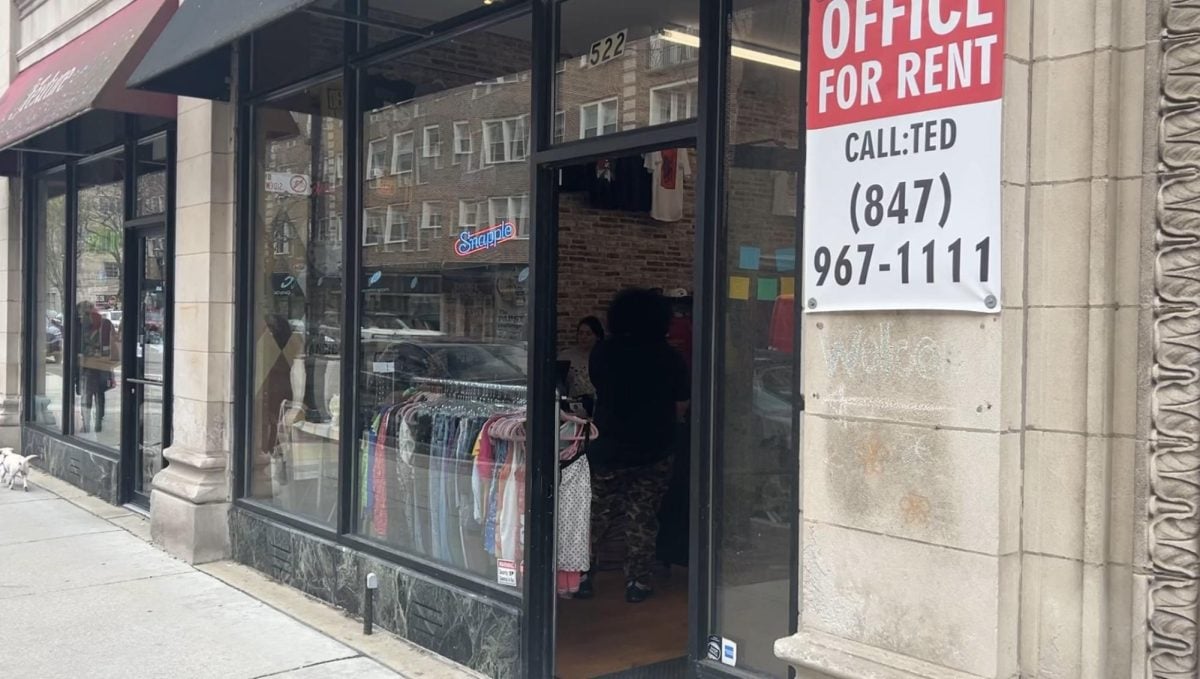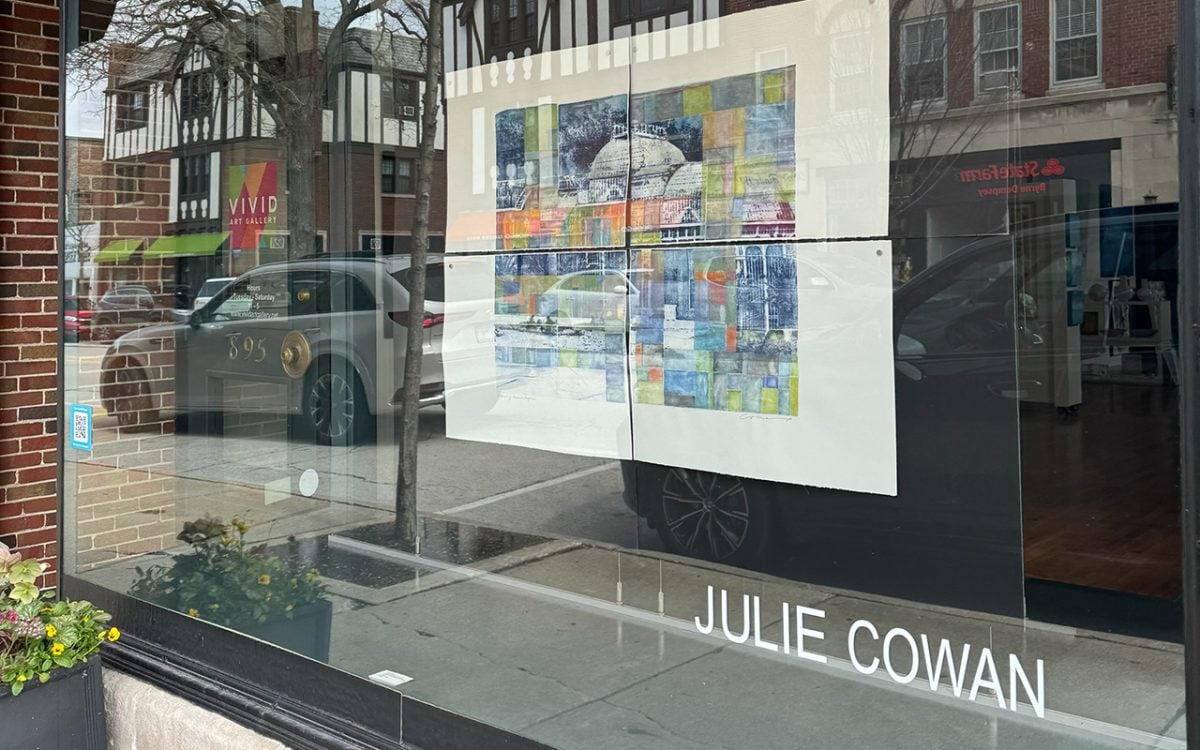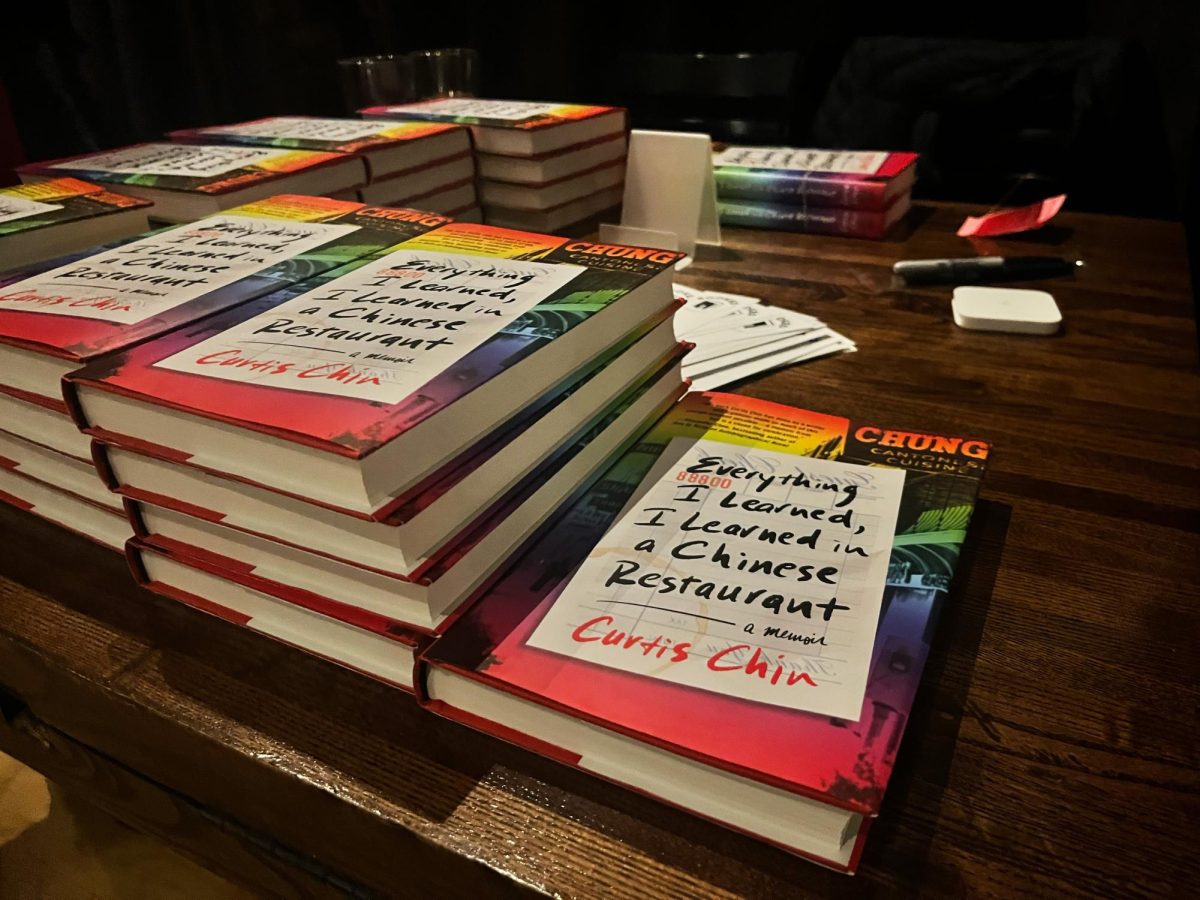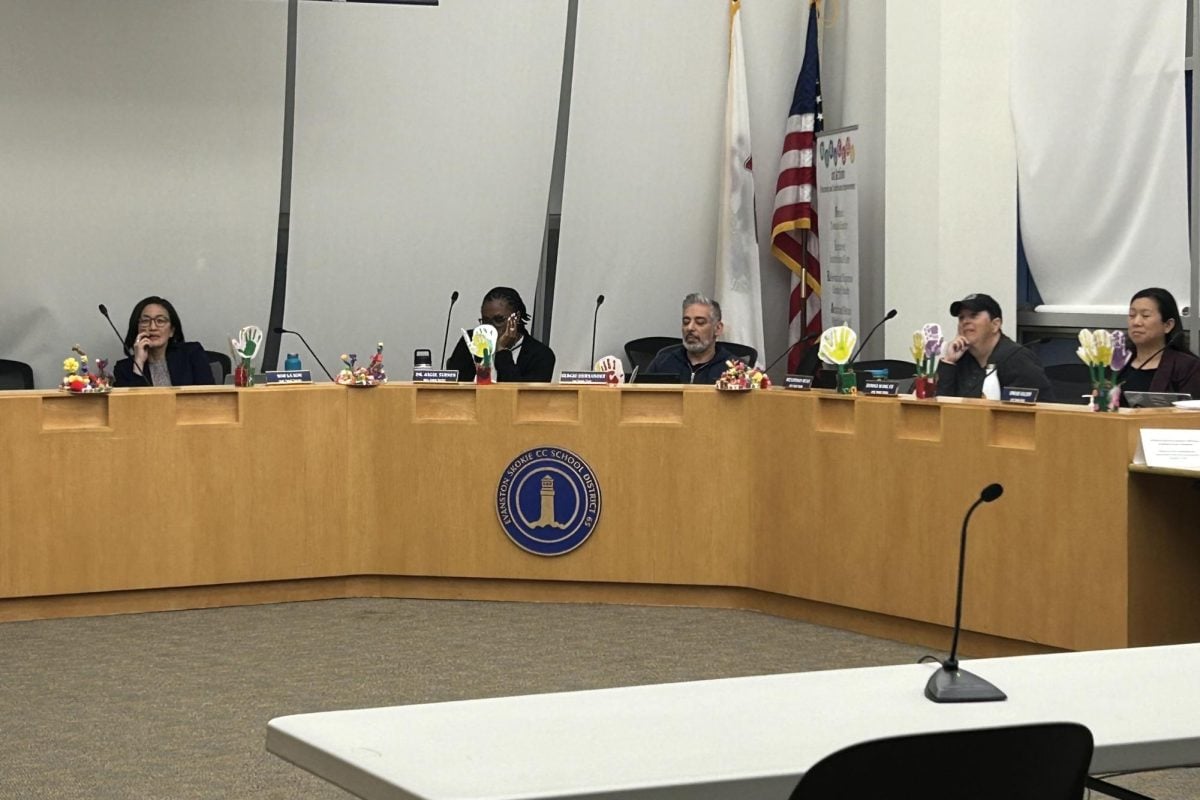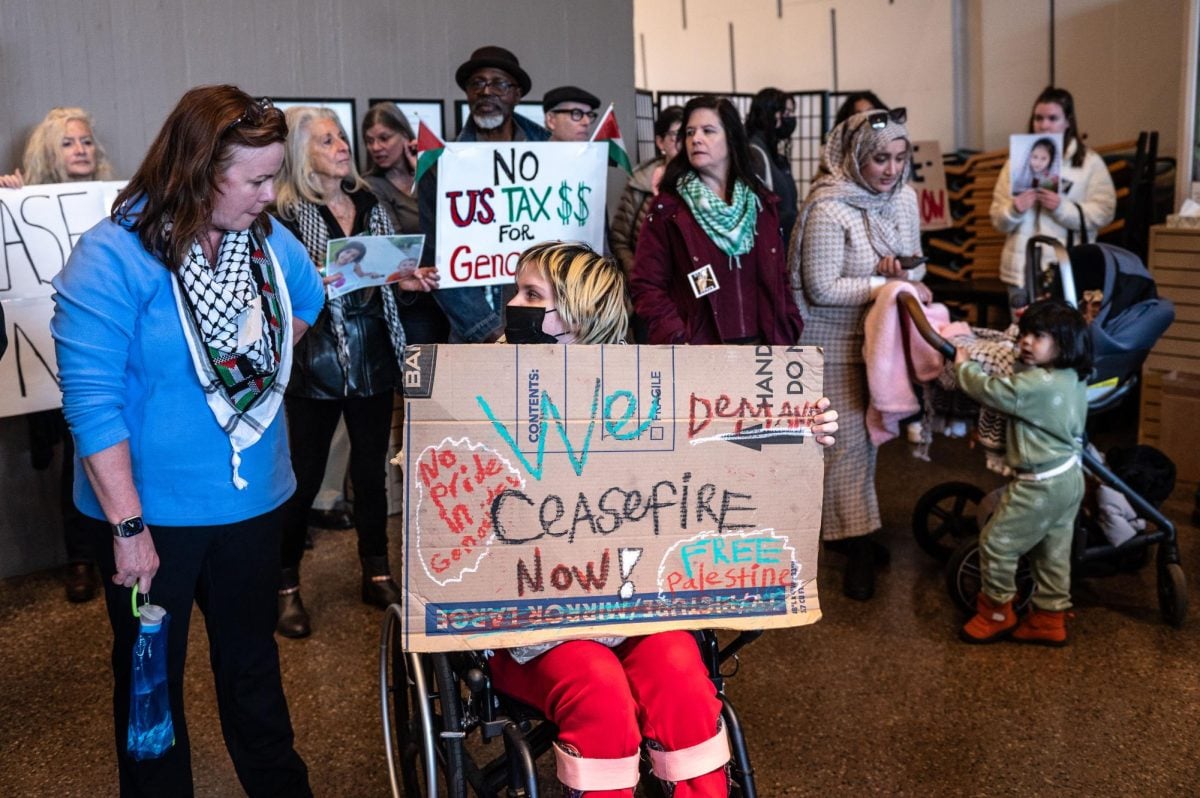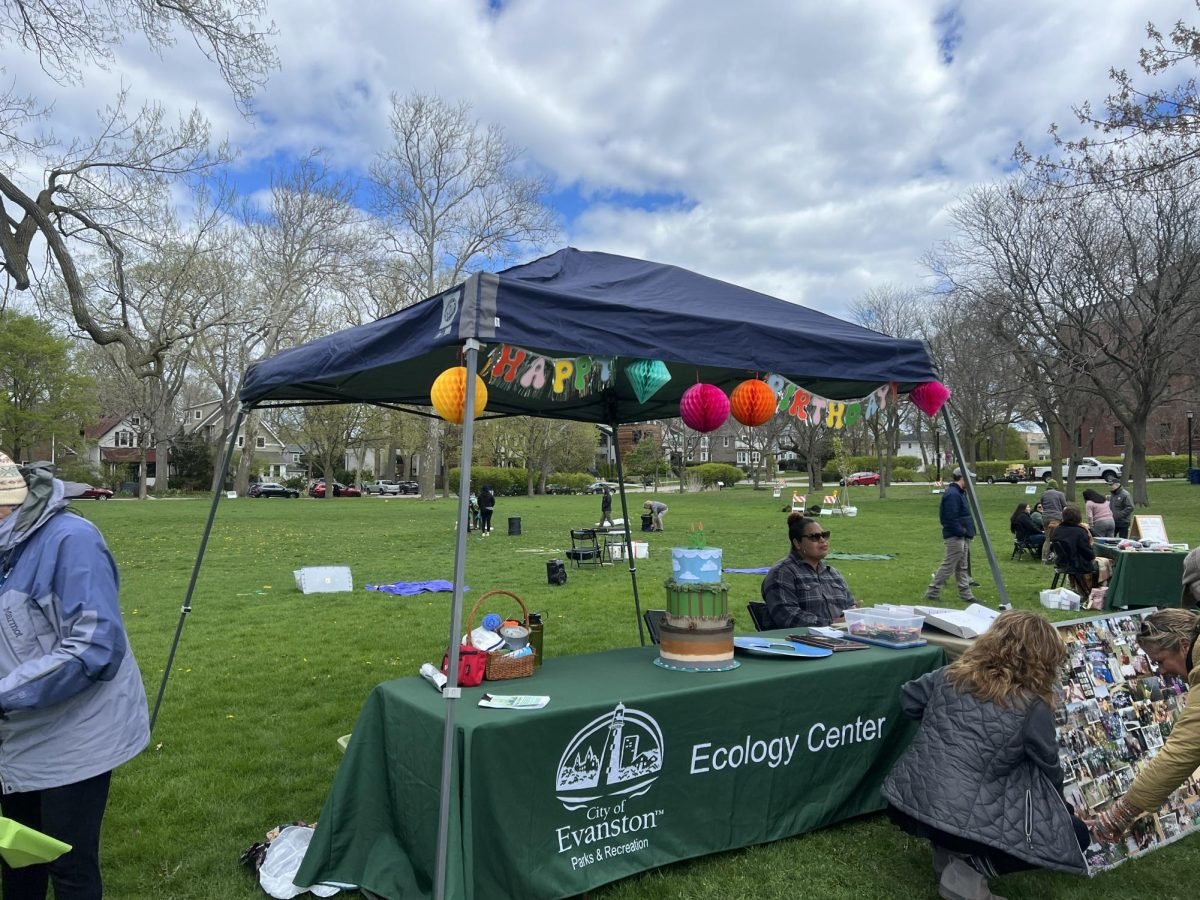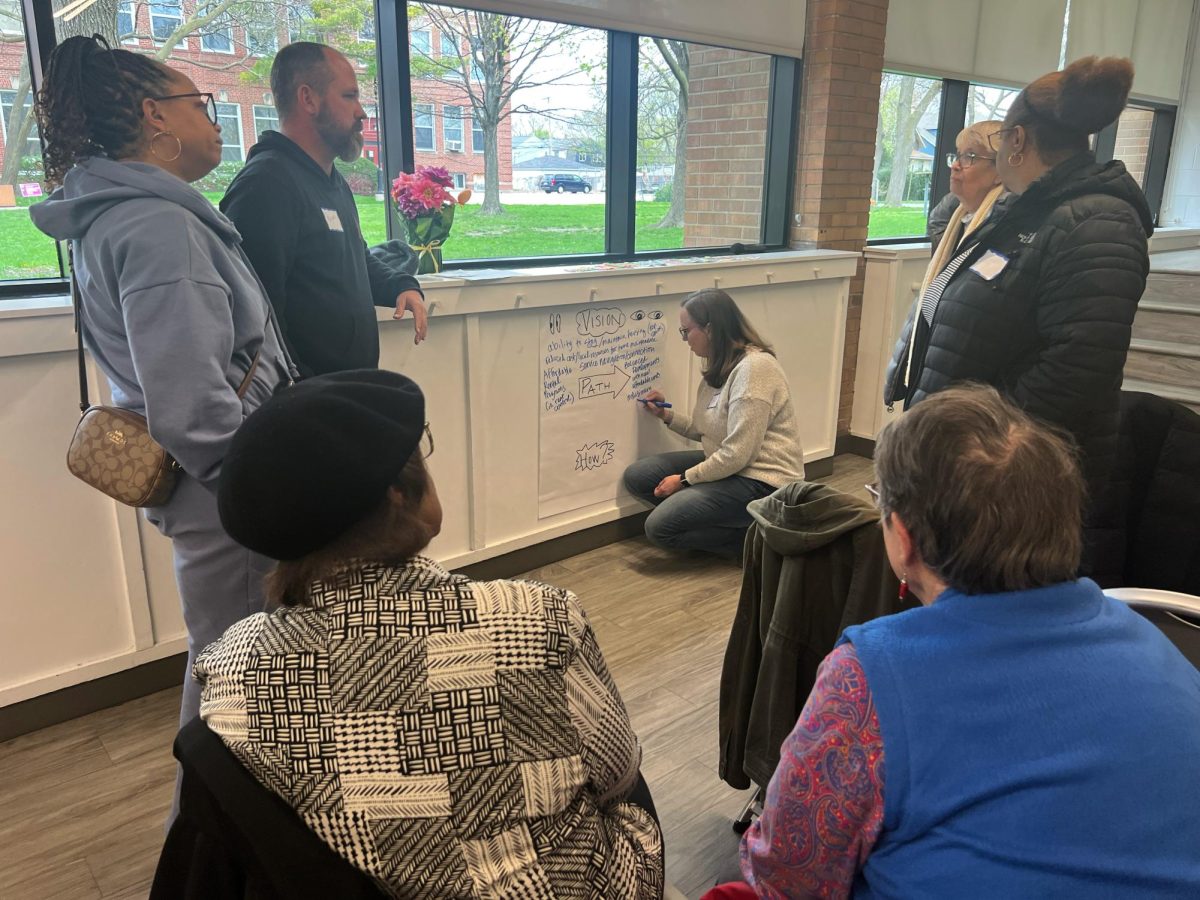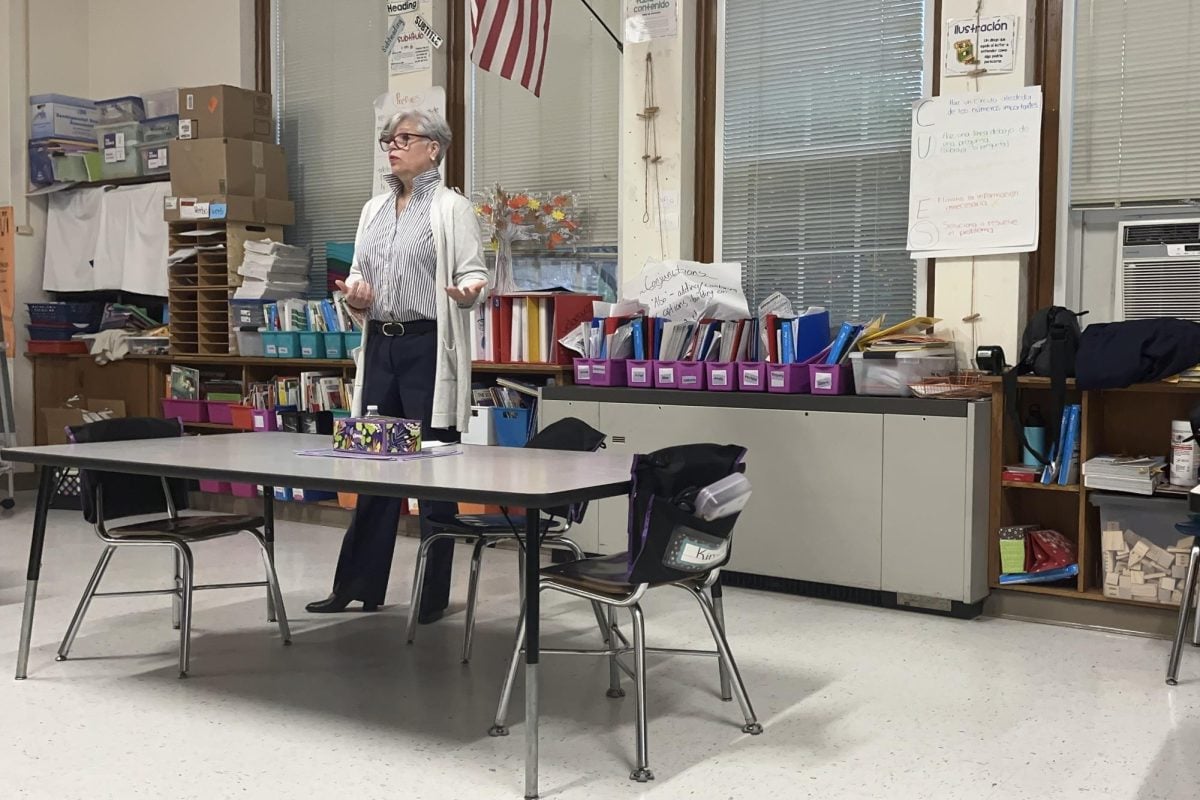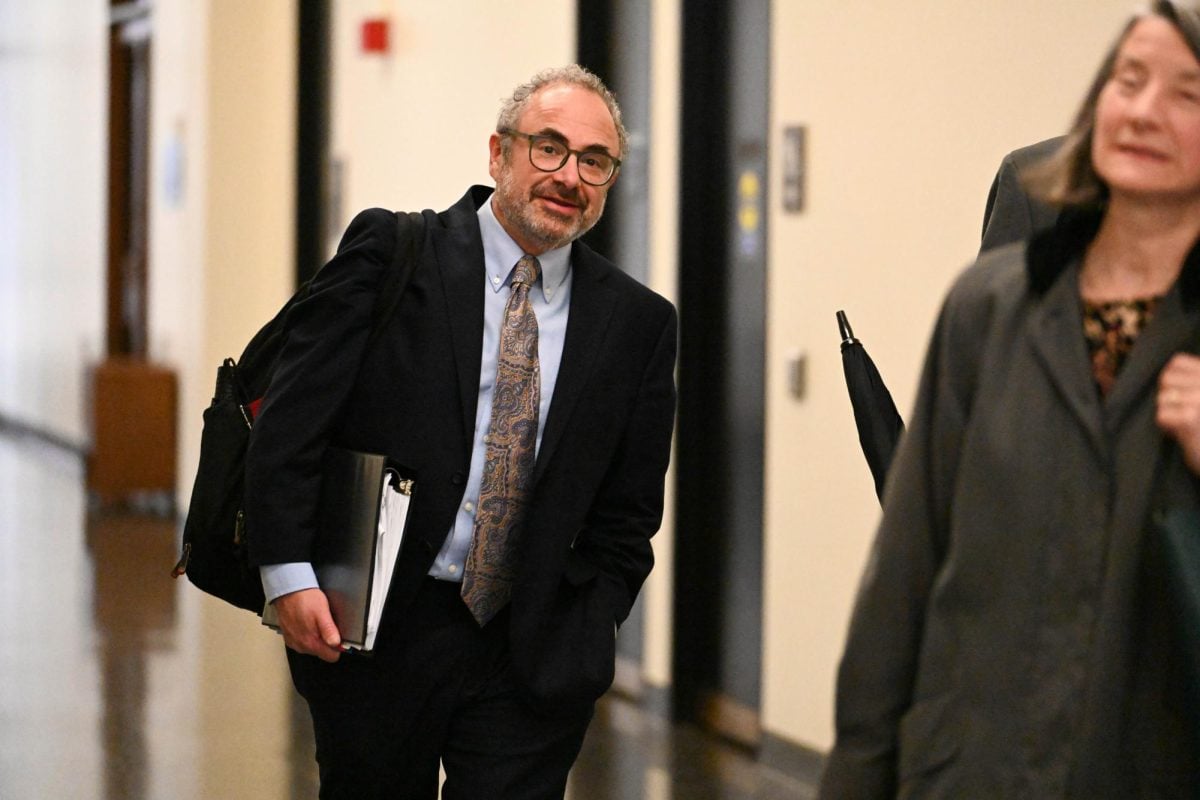Evanston’s search for a new electricity supplier was carried out from March through August, with less than 2 percent of eligible residents and small business owners opting out of the program.
The electricity aggregation program allows eligible Evanston electricity customers to receive cheaper rates and 100 percent renewable energy, city staff said. Yet the reality is that people may not be using what they paid for, calling into question whether aggregation allows the city to meet its 2008 Climate Action Plan goal for reducing greenhouse gas emissions.
Catherine Hurley, Evanston’s sustainable programs coordinator, explained that rather than paying directly to an energy distributor, participating Evanston residents and small businesses are part of an electricity aggregation program. The renewable energy certificates that residents purchase on the aggregate plan adds to the percentage of green energy use on the electrical grid.
The renewable energy originates either in Illinois or an adjacent state, Hurley said, but the energy that feeds into individual Evanston homes and small businesses may not be 100 percent renewable.
“We know that there are other people that use the energy as it gets into the grid and as it gets close to them,” Hurley said. “But because of them not buying the green energy credits, they aren’t able to claim that their energy is green. We’re purchasing the green value of it.”
Even though Evanston is running on an indeterminate mix of renewable and nonrenewable energy, Citizens’ Greener Evanston President Ron Fleckman said the city is contributing to the renewable energy effort in the Chicagoland area. Through the program, Evanston residents are purchasing green energy for the energy grid, which Fleckman said allows the city to claim use of 100 percent renewable energy.
“Once it goes on the grid, all power is the same and it flows wherever the law of physics takes it,” Fleckman said.
Hurley also compared the city’s 100 percent renewable energy use through aggregation to that of other utilities, such as water.
“It’s sort of like when you put water into a big basin — you could be dumping water in from several different sources, but it’s all mixed in together,” she said. “So, in the end, when you draw a little water out of a spigot, you don’t know exactly where all those water molecules came from.”
Charles Schultz, development director of Local Power Inc., said his green energy consultant firm is currently meeting with the city of Chicago regarding its electricity aggregation plans. While he is supportive of Evanston adopting an electricity aggregation plan to promote renewable energy, he questions the need to purchase renewable energy certificates.
Renewable energy certificates represent the positive impact that renewable generators have on the environment to energy buyers who support them, yet may not receive the actual renewable energy.
Constellation Energy spokesman Lawrence McDonnell, said renewable energy certificates are “financial instruments that trade on an open market and represent the environmental attributes of renewable resources.”
“There is no way to separate electrons that flow on the power grid, i.e., you cannot tag certain electrons as green and others as brown,” McDonnell said. “Power customers and communities like Evanston support green energy generation by paying for RECs that offset or match the power they consume.”


